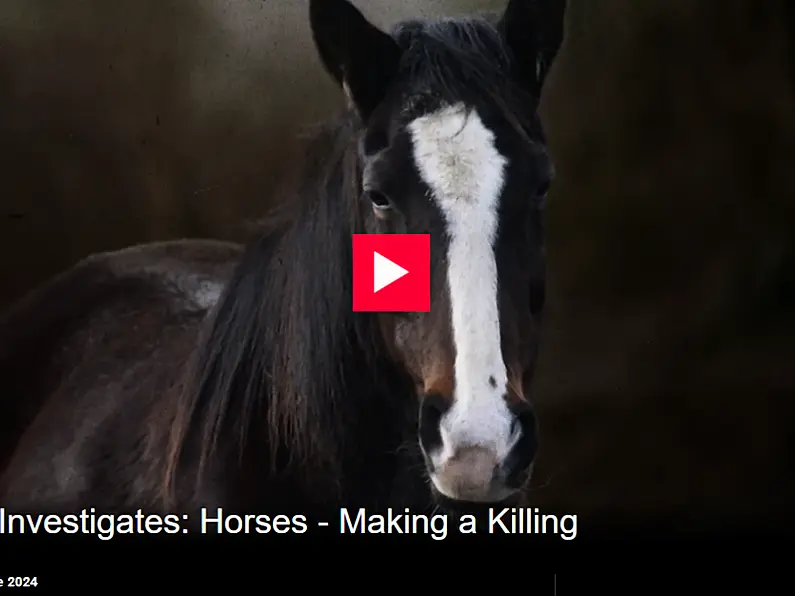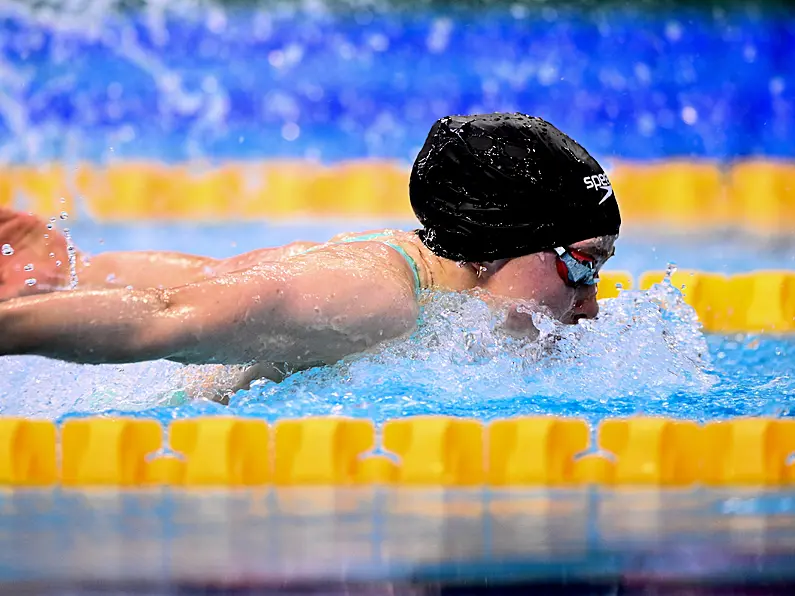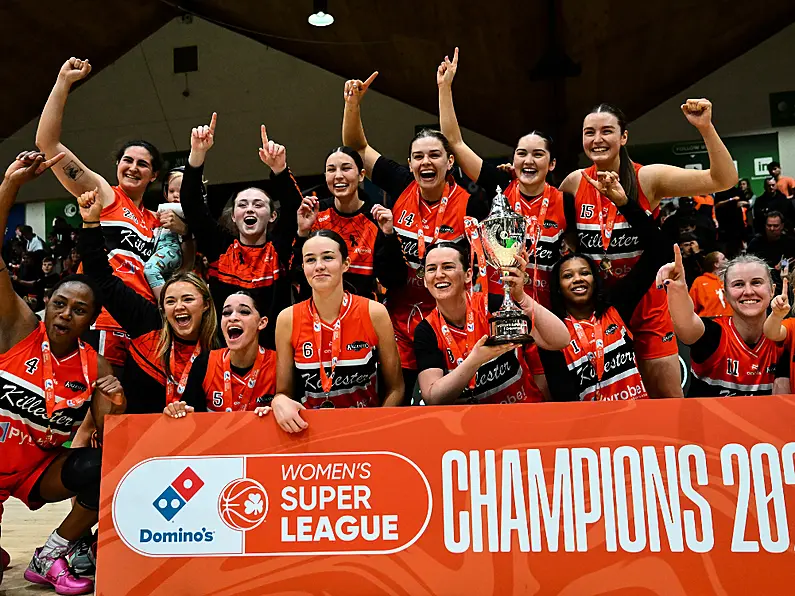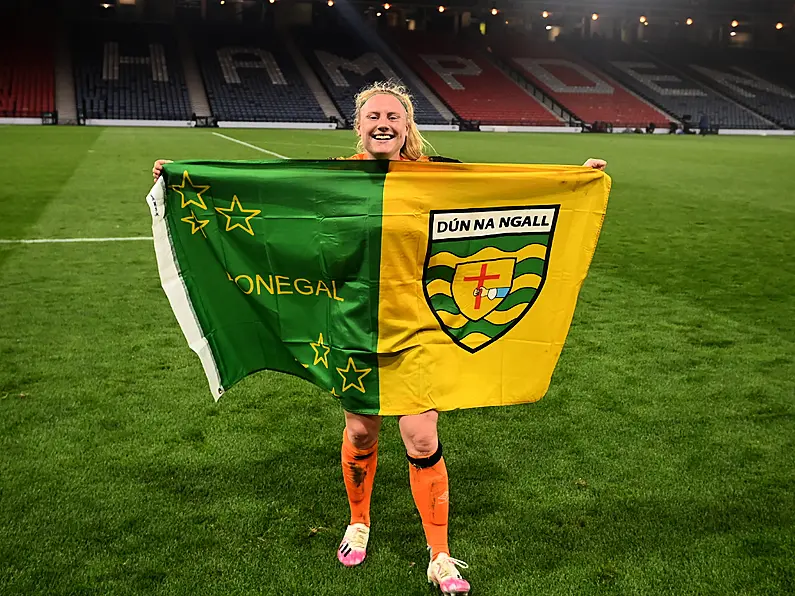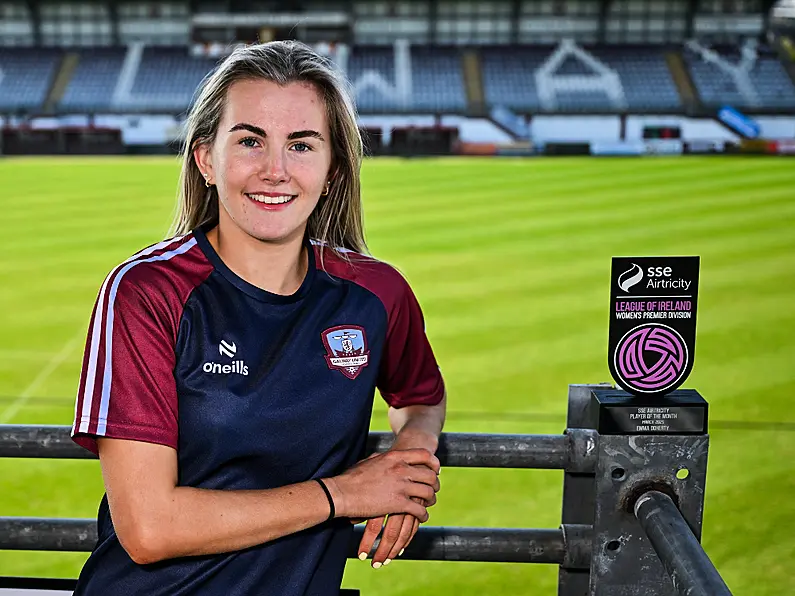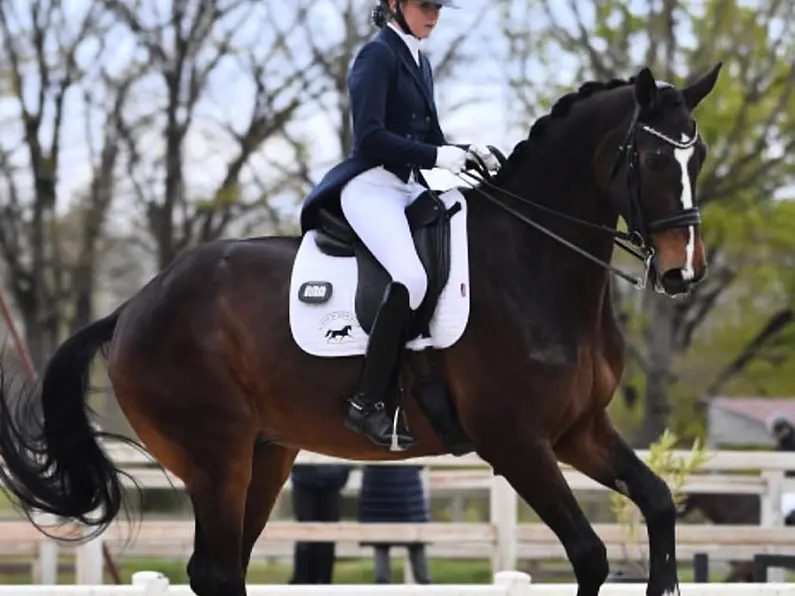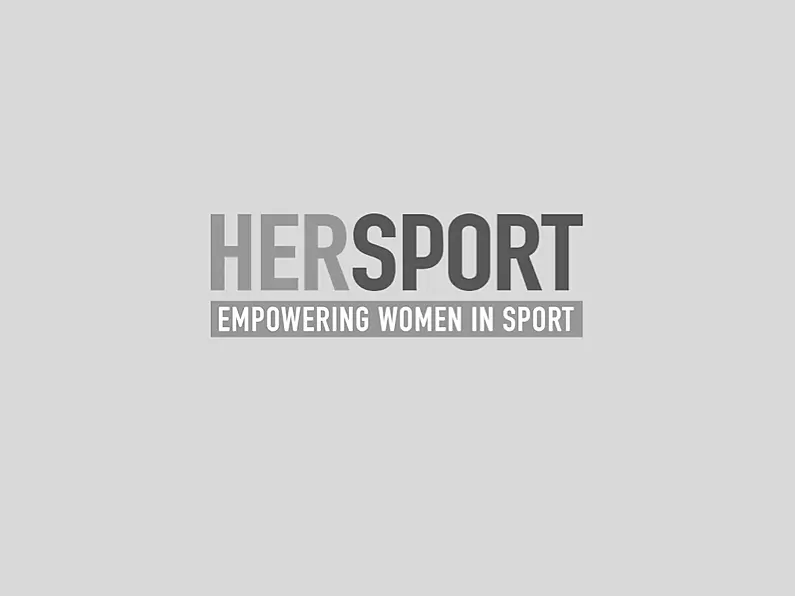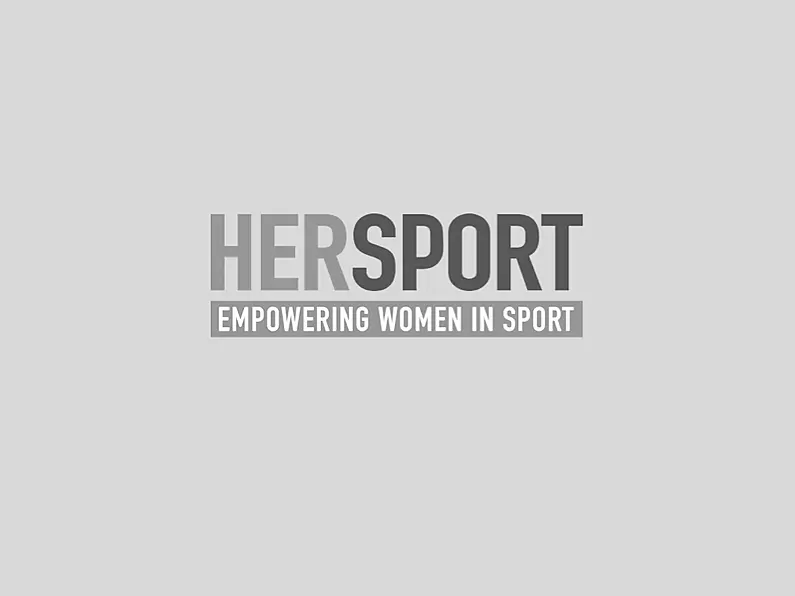World Horse Welfare expresses outrage at slaughterhouse cruelty revealed in RTÉ documentary and calls for urgent government action to protect horses:
- RTÉ Investigate exposé ‘Horses – Making a Killing’ details terrified horses beaten and even left to die inside Irish slaughterhouse lairage as equine charity condemns abuse
- Documentary confirms that the horse meat scandal continues
- Revelations of systematic horse passport fraud echo World Horse Welfare’s longstanding warnings to authorities
- Charity continues to call for a robust digital equine identification system across the UK, EEA and EU to protect all horses and humans
- Viewers urged to act by signing a PETITION calling for better protection of all equines
Following yesterday evening’s airing of ‘RTÉ Investigates: Horses – Making a Killing’, shown at 9.35pm on RTÉ One, leading equine welfare charity World Horse Welfare has come out in condemnation of the cruelty and abuse revealed in the programme. The charity, which was originally founded to protect vulnerable horses exported to slaughter, has also reacted to the systemic failures highlighted in the documentary that enable equines that have been signed out of the food chain to be re-identified and sent to European slaughterhouses, and is calling for urgent action to be taken by governments and authorities. In a petition launched today, viewers are being asked to support World Horse Welfare as it lobbies for change to protect vulnerable horses.
World Horse Welfare’s Chief Executive, Roly Owers says, “What we witnessed last night was outrageous and proof that, well over a decade on, the horse meat scandal never truly ended. The documentary has once again lifted the lid on the dark underside of the horse trade and the suffering it causes. These horses were let down in every way possible by an inherently flawed system and we hope that the disgust generated by the programme, alongside the food safety concerns, will be channelled into practical action by EU and UK authorities.
“We desperately need a robust digital equine identification system, accessible across the EU, EEA and Britain, and we have needed it for years. There is no excuse for allowing this fraudulent trade to continue and we hope at last that authorities will recognise the damage it causes and put the right measures in place to stop it. We also need the abhorrent and illegal practices that we endured during last night’s programme at the slaughterhouse stamped out immediately. Those involved need to be made to answer for their actions and face significant consequences.”
Featured in the programme to illustrate how easily horses can be illegally traded across Europe, is the Dover 26, a group of horses that supposedly started their journey in Ireland but were discovered by UK authorities being smuggled out of Dover Port. Rescued by World Horse Welfare, the charity believes some were destined for slaughter despite many being signed out of the food chain, and most were not fit for their intended journey.
Welfare during transport to slaughter is one of the charity’s lobbying aims but without a robust centralised equine traceability system, the EU’s proposals to limit journey times to 9 hours will not be enough.
Kim Ayling, Senior Public Affairs Officer at World Horse Welfare says, “The recent review of the existing legislation to limit journey lengths to slaughter in the EU is a welcome step in the right direction, but this change alone will not make a difference if individual horses cannot be identified with ease and confidence. We welcome the move towards a digitised system in Ireland, but until this is adopted for all horses across Europe, it will not protect any horse from being smuggled and being subjected to the abuse shown in last night’s programme.”
Horses are often forgotten when it comes to EU legislation and World Horse Welfare has been working to ensure they are included in policies set by decision makers, most recently being invited to work with the European Commission on slaughter regulations so equines are protected.
Describing what can be done, Kim says, “We are asking anyone who cares about horses, and especially those caught up in the cruel and illegal trade of horse smuggling, to sign our petition (https://bit.ly/4b6K6vg) to add their voice to ours and make newly elected MEPs aware that now is the time to stop horse suffering.”
